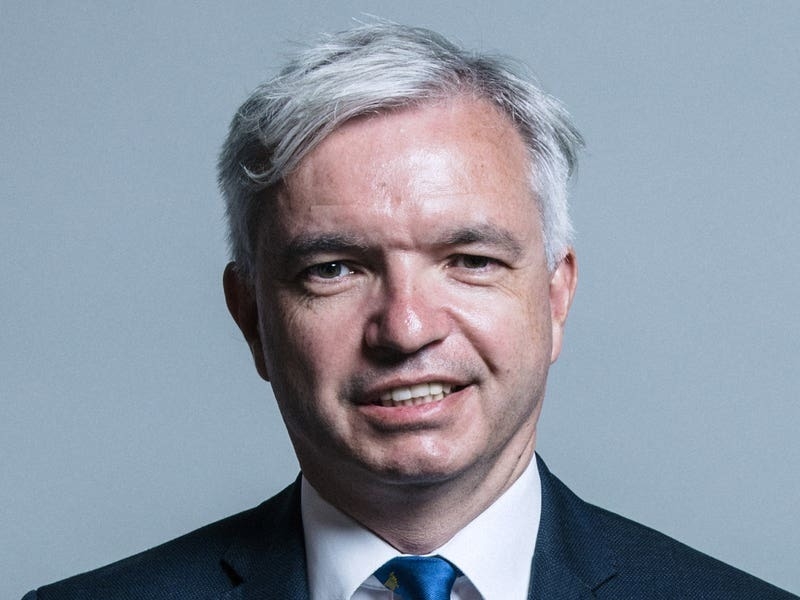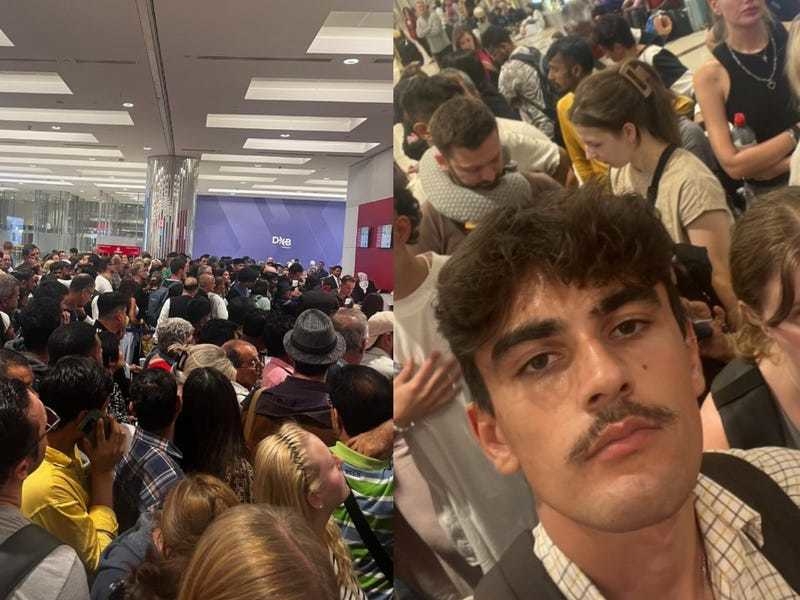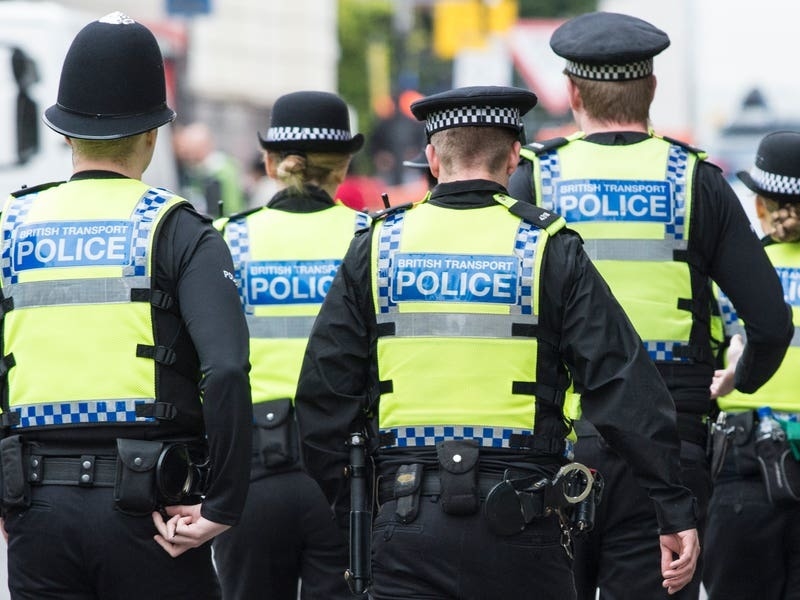As revellers celebrated the start of a new decade last New Year’s Eve, authorities in China confirmed doctors were treating more than a dozen cases of “pneumonia of unknown cause” in the city of Wuhan.
This unknown virus, which would later be named Covid-19, led to a global crisis in 2020, with more than a million lives lost and the world facing one of mankind’s biggest challenges in the 21st century.
Borders slammed shut, economies plunged and unprecedented peacetime measures were imposed on populations all over the world as global leaders responded to a health crisis which has changed the course of history.
While coronavirus may have dominated 2020, Brexit was back on the cards in early January and the UK formally left the EU on January 31, beginning an 11-month transition period.
It was later revealed by the Office for National Statistics (ONS) that the UK’s earliest known coronavirus death occurred in the week ending January 31, the same week the country’s first cases were reported.
Perhaps a sign of troubled times ahead for the UK, Storm Ciara battered the country in early February, just weeks before mass flooding was exacerbated by Storm Dennis.
Sajid Javid quit as chancellor in a dramatic Cabinet reshuffle in February and was replaced by his former deputy at the Treasury, Rishi Sunak, in the biggest shock of Prime Minister Boris Johnson’s shake-up of his ministerial team.
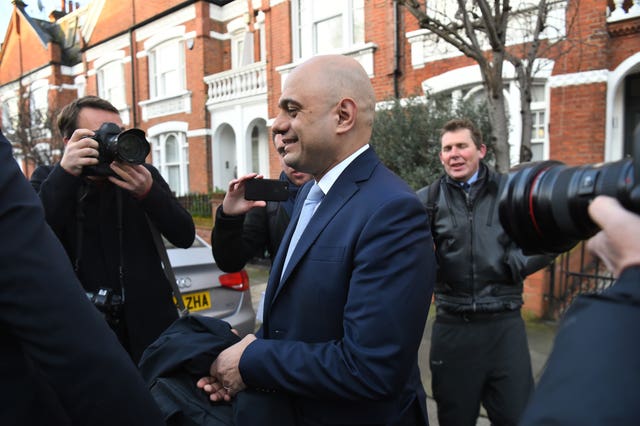
Manchester Arena bomb-plotter Hashem Abedi, 23, was found guilty of 22 counts of murder, attempted murder and plotting to cause an explosion likely to endanger life in March, and was later handed a record 55-year jail term.
Scores of major sporting and cultural events were suspended that month, along with local elections, as the UK’s coronavirus death toll continued to rise.
Experts and politicians accepted the virus could no longer be contained as the country moved to the “delay” phase, while Britons travelling abroad were urged to return, employees told to work from home and schools were closed.
On March 23, Mr Johnson announced strict new curbs on life in the UK, with businesses across the country shuttered for months on end, in efforts to protect the NHS and save lives.
Among those to become infected with the virus was the Prince of Wales, while Mr Johnson spent three days in intensive care during his battle with Covid-19.
It is hard to find the words to express my debt to the NHS for saving my life.
The efforts of millions of people across this country to stay home are worth it. Together we will overcome this challenge, as we have overcome so many challenges in the past. #StayHomeSaveLives pic.twitter.com/HK7Ch8BMB5
— Boris Johnson (@BorisJohnson) April 12, 2020
A grim milestone was passed when the hospital death toll reached 10,000 in early April, the same month concerns were raised about the situation in care homes and a lack of protective personal equipment (PPE) for healthcare staff.
Sir Keir Starmer was elected leader of the Labour Party the day before the Queen addressed the nation, saying if we “remain united and resolute” in the face of the coronavirus outbreak, “we will overcome it”.
Later that month – as testing targets were made and PPE shortages dominated headlines – the Prime Minister told the country it was “passing through the peak” of the outbreak.
There was public outcry over Dominic Cummings’ lockdown trip to Barnard Castle in May, the same month face coverings began to recommended for public transport and indoor spaces.
“Black Out Tuesday” was held globally on June 2 in response to the death of George Floyd in the US, which sparked anti-racism protests across the UK.
Thousands of demonstrators took to the streets and a statue of slave trader Edward Colston was toppled and dumped in Bristol Harbour, the same month the UK’s coronavirus death toll mounted 50,000.
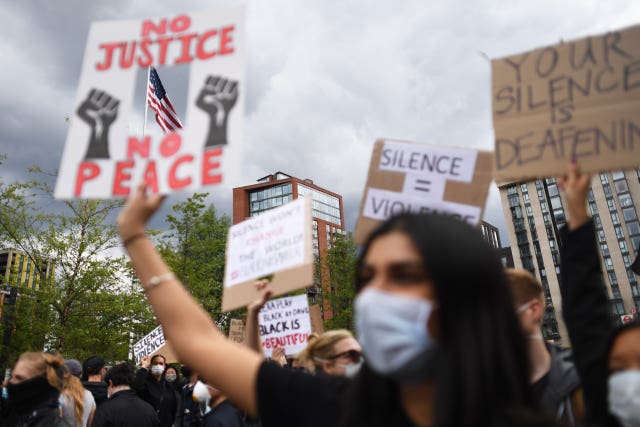
Elsewhere in June, a decision to extend the children’s food voucher scheme into the summer holidays became the latest in a string of U-turns performed by the Government during the pandemic.
There was another U-turn in August when it was announced A-level and GCSE results in England would be based on assessments by teachers.
The “rule of six” came into force in September – the same month the Covid-19 alert level for the UK was increased to Level 4, meaning transmission of the virus is “high or rising exponentially”.
Also that month, former MP Charlie Elphicke was jailed for two years at Southwark Crown Court for three counts of sexual assault against two women.
Mr Johnson unveiled a new three-tier alert level system for England in October, while the UK exceeded one million lab-confirmed cases of coronavirus since the start of the outbreak.
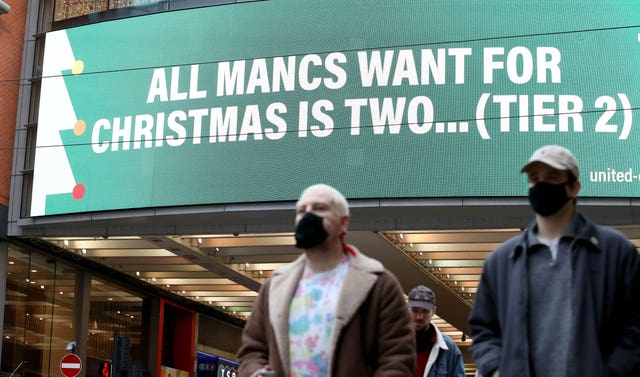
The UK’s terror threat level was raised from “substantial” to “severe” following attacks in France and Austria, while the UK Government and devolved administrations announced plans for “Christmas bubbles”.
It was announced Mr Cummings would leave his role as chief adviser after a bitter public power struggle gripped Number 10, the same month Sir Philip Green’s retail empire Arcadia plunged into administration.
In early December, the UK became the first country to approve the coronavirus vaccine from Pfizer and BioNTech, and grandmother Margaret Keenan, 90, became the first patient to receive the jab.
But less than two weeks later, after a rise in cases due to a new mutant variant of the virus, Mr Johnson effectively cancelled Christmas for almost 18 million people in London, south-eastern and eastern England with a two-week lockdown while households were told they should only gather for one day in the rest of England, Scotland and Wales. People in Northern Ireland were advised to do the same.
Fears about the highly infectious new strain prompted European countries to halt flights and ferry crossings from the UK and the Government’s Cobra civil contingencies committee discussed how to maintain freight flow to and from the UK.
Meanwhile talks on a post-Brexit trade deal continued after tense negotiations failed to achieve a breakthrough.



